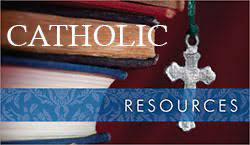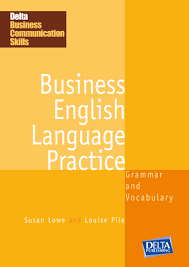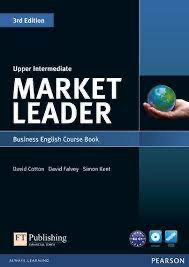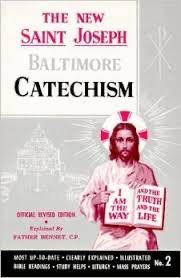Business English with fully qualified online one to one tuition and support

We are here to help you...
We can create a syllabus to suit your needs whether you be improving your spoken English, listening to your favourite speakers, or just communicating via written or spoken we can help you achieve your goals...
We want you to be more comfortable and confident and ultimately to be:
better able to listen to and understand fast speech
better able to decode connected speech with an understanding of the features of connected speech
better able to pick out important information in a stream of connected speech
better able to speak with fluency on different daily topics with clear pronunciation
A syllabus for you...
A syllabus can be described as a document that outlines what a course will contain. It organises the content, usually starting with the easier items at the beginning. The contents pages of a coursebook are its syllabus. When you open up the coursebook and look at the content pages, you can see how the language items and skills are organised and how the student will progress through the stages. There are different types of syllabuses, and these are listed below:
Skills-based Syllabus
Formed from the abilities that a student needs, for example, listening for specific information or writing a clear conclusion.
Grammatical Syllabus
Also called a structural syllabus as it is based on language structures. Each level has different items, e.g. at intermediate level, you would see first and second conditionals, narrative tenses and comparative / superlative adjectives.
Lexical Syllabus
Based upon vocabulary items and associated collocations, phrases and idioms.
Functional Syllabus: Based on language that is used for different purposes and in different situations, for example, ordering food in a restaurant.
Topic-based Syllabus
Centered around different themes (e.g. the environment, animals, shopping) which form a basis for vocabulary, functions and skills practice.
Multi-Syllabus
Most commonly what coursebooks are based upon. As the name suggests, it is based on a combination of topics, structures, vocabulary items and skills practice.
Skills-Based vs Topic-Based Lessons
What is Skills-Based Learning? Skills-based learning is where we teach students a specific skill. This not only allows us to teach a student how to achieve the correct answer in the practice that we use, but it also helps students to improve their abilities in that skills area by teaching them strategies. A listening or reading practice skills lesson gives a student the opportunity to practise the skills through exercises and activities.
In a one-to-one lesson, we can give a student a lot of chance to really understand the text, whether it is reading or listening. Personalisation of a lesson helps keep students motivated so by giving you plenty of time to analyse and react to the text, we can make the lesson fun, interesting and engaging.
Where do we get material from?
Coursebooks: most coursebooks have skills work in each unit. Depending on the book these may be used as stand-alone lesson and not require you to use the whole unit.
Books of skills supplementary material: there are many published books that can be used that focus solely on skills work.
Online resources are a huge thing at the moment and there are plenty of them out there so if you enjoy online resources this if a great way to study.
Topic-based lessons are centred on a topic that will form the basis of the lesson. The decision on the topic may have been made by you, or we can work together. Hopefully in the questionnaire or chat we will find out more about your interests and goals. This information will help decide on topics if you enjoy topic based learning.
Using Authentic Materials or a Course book?
What are authentic materials? Authentic materials are pieces of material that have not been designed to be used in the lessons. This is unlike material in a coursebook which has been made to focus on lexis or grammar points.
Authentic materials use language which naturally occurs and is used by native speakers in specific contexts. Using authentic materials helps students to learn vocabulary in context and keeps you motivated and interested.
Types of Authentic Materials
Religious books, texts and articles
Newspaper reports
Recording of talks, meetings & audio
Internet videos / conversations and films / documentaries








Others links:
https://www.cambridgeenglish.org/exams-and-tests/qualifications/business/